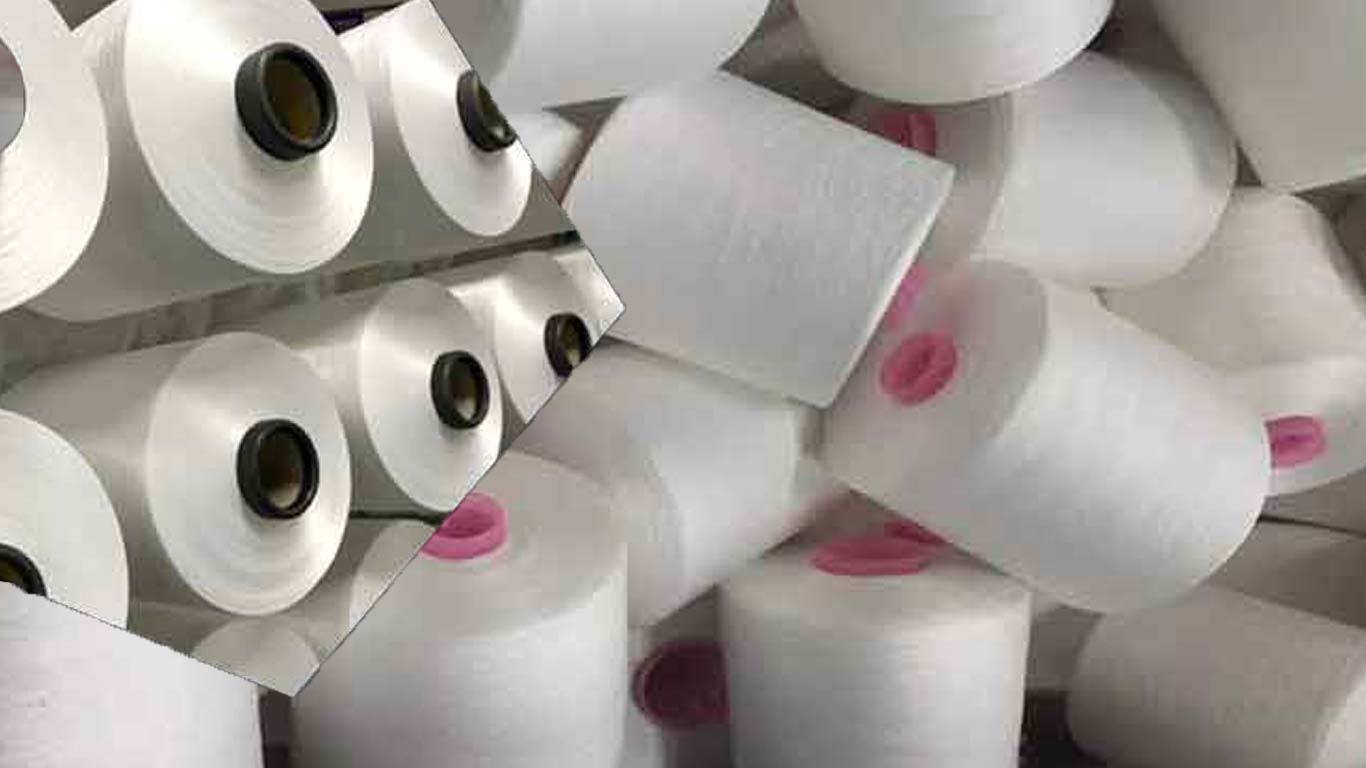
Southern Gujarat Chamber Of Commerce Seeks Removal Of QCO On Imported Polyester Yarns
The meeting, which focused on several key concerns affecting the regional textile industry, was attended by SGCCI President Vijay Mevawala and South Gujarat Textile Processing Association (SGTPA) President Jitendra Vakhariya. Union Minister for Jal Shakti, C R Paatil, was also present.
Central to the discussion was the appeal to remove the Quality Control Order (QCO) on specific specialty polyester yarns that are not produced domestically and are currently imported from China. These include mechanical stretch yarn, bi-shrinkage yarn, high denier polyester industrial yarn, and various low denier yarns.
The SGCCI argued that lifting this order would ensure the availability of these critical materials, thus bolstering the growth and competitiveness of India's textile sector.
The industry representatives also called for sweeping reforms to support the textile sector. A key demand was the revival of the Amended Technology Upgradation Fund Scheme (ATUF).
This request comes in light of India's current 2 per cent contribution to global textile exports, with the government aiming to increase this figure to 10 per cent by 2047.
"To achieve this ambitious goal, substantial investments are needed in downstream processing and knitting industries, making the resumption of the ATUF scheme crucial," the SGCCI stated.
Another significant point raised was the reinstatement of the Yarn Bank Scheme. The implementation of the QCO has reportedly led to substantial price increases and reduced yarn availability, particularly affecting small weavers.
The SGCCI emphasised that reviving the Yarn Bank Scheme could help alleviate these challenges by ensuring a more stable and affordable yarn supply.
This meeting underscores the ongoing challenges faced by India's textile industry and the push for policy changes to enhance its global competitiveness.
As the sector aims for ambitious growth targets, the dialogue between industry leaders and government officials becomes increasingly crucial in shaping the future of India's textile landscape.
(KNN Bureau)
Legal Disclaimer:
MENAFN provides the
information “as is” without warranty of any kind. We do not accept
any responsibility or liability for the accuracy, content, images,
videos, licenses, completeness, legality, or reliability of the information
contained in this article. If you have any complaints or copyright
issues related to this article, kindly contact the provider above.


















Comments
No comment